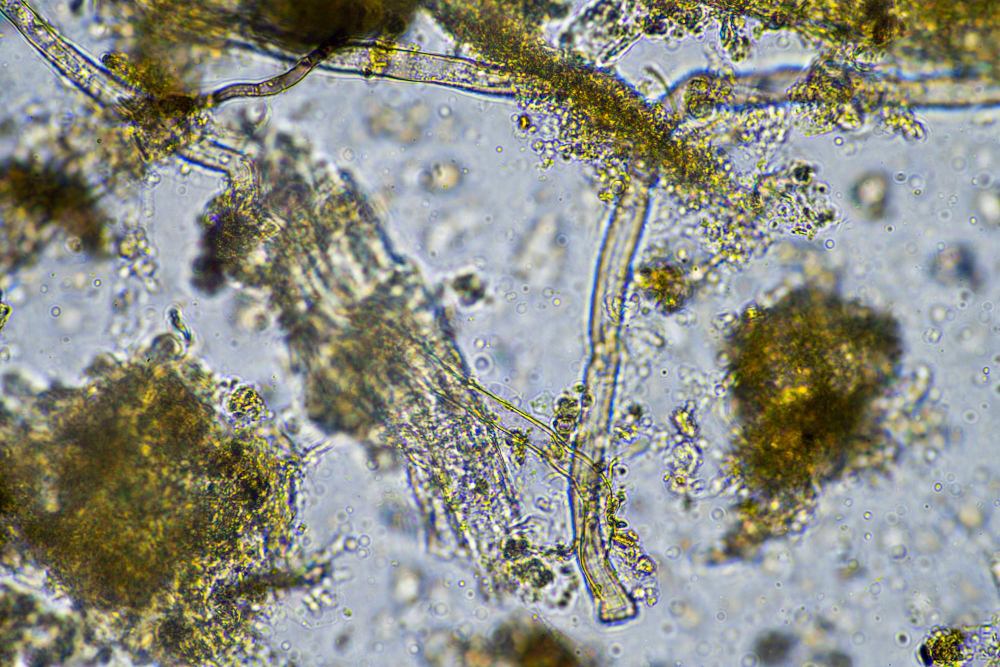
Bacteria often bear the brunt of a negative reputation, conjuring images of spoiled food and potential health hazards. However, not all bacteria are detrimental. In fact, many bacteria play crucial roles in maintaining ecological balance of various ecosystems. Ponds, in particular, serve as dynamic habitats with bacteria emerging as unsung heroes. In this article brought to you by Aquatic Restoration, we shed light on the often-overlooked positive contributions of bacteria to pond ecosystems.
Ponds, whether nestled in urban landscapes or nestled in the heart of nature, are teeming with life. Beyond the obvious presence of aquatic plants and fish, there exists an invisible world of microorganisms, including bacteria. These bacteria play a pivotal role in sustaining the delicate balance within ponds.
We understand that bacteria is essential for maintaining water quality, supporting aquatic life, and preventing common issues such as algae blooms and foul odors. But what can be done to maintain the right balance of bacteria? Turns out, there is a lot that goes into pond maintenance. Here are some main points:
This is only a partial list of tasks involved in retention pond maintenance. Though it’s a big chore, the benefits for your property are immense.
Pond maintenance involves a library of knowledge, special equipment, and practiced technique. If you’d rather leave your retention pond maintenance to experienced professionals, then consider the reputable team at Aquatic Restoration. With over 35 years of experience, we bring unparalleled service and results.
Lake management is an integral part of keeping your lake in peak condition. It involves activities such as lake…
There are many incredible benefits that come with restoring natural lake depth. Not only does it improve water quality…
When it comes to maintaining healthy water bodies, there are two primary methods that are often used: dredging and pond…
There’s peace of mind in knowing you have a reliable detention pond on your property. These man-made ponds temporarily hold…
Owning waterfront property is a dream come true for many people. Everything from the stunning views to a relaxing lifestyle…